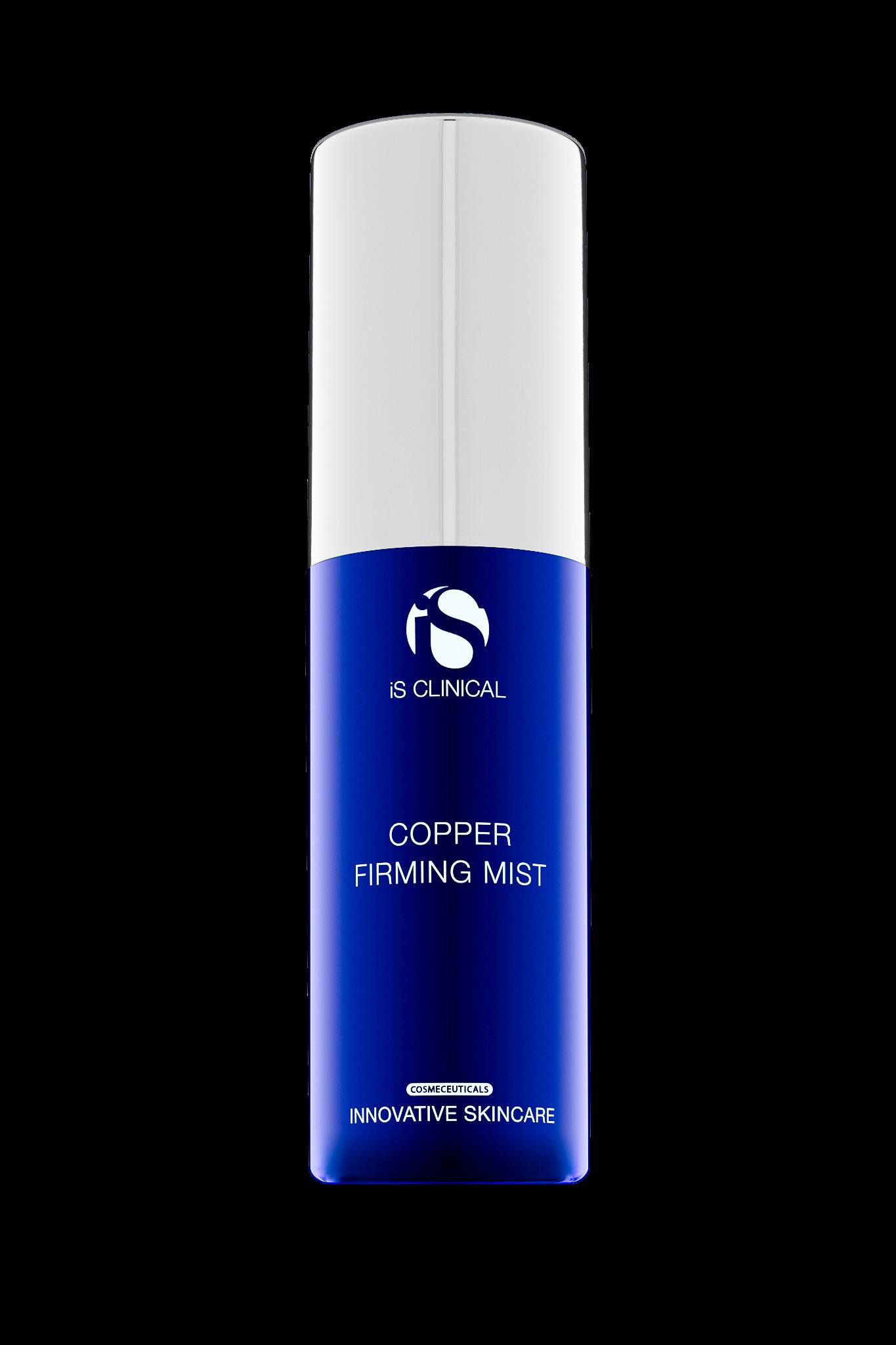Dr. Manu S. Walia
07-Jun-2024
In this cruel summer, does your skin feel parched, dehydrated, or, dare I say, withered? Don't worry, we're all in the same sweltering boat. The blazing heat can strip your skin of moisture, leaving it dry, irritated, and prone to all sorts of issues. With temperatures soaring, keeping your skin hydrated feels like an impossible mission. While hydrating means adding water to your skin, moisturising means locking that water in with the right ingredients. Both are essential to keeping your skin happy and healthy, even on the hottest days. Dr. Manu S. Walia, Head Dermatologist at MyrahDermaMed, Mumbai, spills the secrets on how to keep your skin hydrated and moisturised during the dry season. Take notes!
1. Hydrate from Within
The foundation of healthy, hydrated skin starts with proper hydration from within. Drinking plenty of water throughout the day is essential. Increase the amount if you're spending time outdoors or engaging in physical activities. Incorporate water-rich foods such as watermelon, cucumber, and oranges into your diet to boost your hydration levels.
2. Choose the Right Moisturiser
Selecting a suitable moisturiser is crucial. Opt for lightweight, non-comedogenic moisturisers that won't clog your pores. Look for ingredients like hyaluronic acid, glycerin, and ceramides, which help attract and retain moisture. Moisturization involves adding ingredients that lock in moisture and repair your skin's barrier. This prevents water loss and improves your skin's texture and health and for this reason, I would prescribe Copper Firming Mist from iS Clinical.

Look for a moisturiser that has the following ingredients :
A. Hyaluronic Acid
Plays an important role in hydrating your skin and maintaining its elasticity. Hyaluronic acid's water-binding properties help replenish your skin and also prevent early signs of ageing.
B. Glycerin
Glycerin has hydrating properties that can relieve your skin from feeling dry and itchy. This is because glycerin is a humectant. So it works by attracting moisture from the environment onto the surface of your skin.
C. Ceramides
Ceramides are skin-replenishing ingredients. They make up and repair your skin's barrier, which prevents water loss and retains moisture. For those with sensitive skin, products containing soothing ingredients such as aloe vera and chamomile are ideal.
3. Limit Hot Showers
While a hot shower may be relaxing, it can strip your skin of its natural oils, leading to dryness. Opt for lukewarm showers instead, and limit your shower time to around 10 minutes. After showering, gently pat your skin dry with a towel and immediately apply a moisturiser to lock in moisture.
4. Protect your Skin from the Sun
Sun exposure can exacerbate skin dryness and cause damage. Always apply a broad-spectrum sunscreen with an SPF of at least 30, even on cloudy days. Sunscreens with added moisturisers are a bonus. Reapply every two hours, or more often if you're swimming or sweating.

5. Exfoliate Gently
Regular exfoliation helps remove dead skin cells that can hinder the absorption of your moisturiser. However, over-exfoliating can lead to irritation and dryness. Aim to exfoliate once a week using a gentle exfoliant or a chemical exfoliant like glycolic acid or lactic acid every 2–3 weeks.
6. Create a Skin-Friendly Environment
Indoor environments can also affect your skin's moisture levels. Air conditioning, while a relief from the heat, can dry out the air and your skin. Consider using a humidifier in your home to add moisture back into the air.

7. Wear Breathable Fabrics
Clothing choices can impact skin hydration. Wear lightweight, breathable fabrics like cotton and linen to reduce sweating and skin irritation. Avoid synthetic materials that can trap heat and moisture, leading to discomfort and dryness.
8. Adopt a Balanced Skincare Routine
Consistency is key in skincare. Cleanse your face with a gentle, hydrating cleanser twice a day and then apply moisturiser. Incorporating a serum with hydrating ingredients can provide an extra layer of moisture. Always finish with sunscreen during the day.
9. Stay Mindful of your Skin's Needs
Your skin's needs can change depending on the weather, your activity levels, and other factors. Pay attention to how your skin feels and adjust your routine accordingly. If you notice persistent dryness or irritation, consider consulting a dermatologist for personalised advice.
10. Reduce Caffeine Intake
Both caffeine and alcohol can reduce the water content of your skin, which causes tightness and dehydration. Try to limit your caffeine intake to two cups of coffee per day. By following these simple yet effective tips, you can keep your skin hydrated and healthy, even in the heat of summer. Remember, well-moistured skin is not just about appearance; it's about maintaining the skin's overall health and function.
“Stay hydrated, stay protected, and enjoy the sunny days with confidence.”